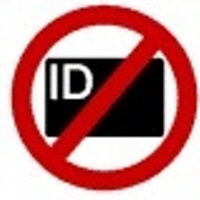25% of the UK population don’t have broadband, this is higher amongst the poor and the old; it generally costs more than the BBC Licence. Also not all internet users are Facebook users. Facebook (& other social media providers) cannot act as a guarantor of identity in government and political business, partly because they’re proprietary, closed source systems and thus users, citizens and judges do not know what the code does. Digital inclusion is still one of the key political issues to be addressed in the internet age, governments and political parties need to step very carefully when they use social media platforms as a means of understanding people’s views; this is before we consider the anti-democratic nature of survey’s and referenda, you can only answer the questions asked, usually in a binary or scalar fashion. It’s not good enough …..oh yeah & open source. …
Digital inclusions & democracy

